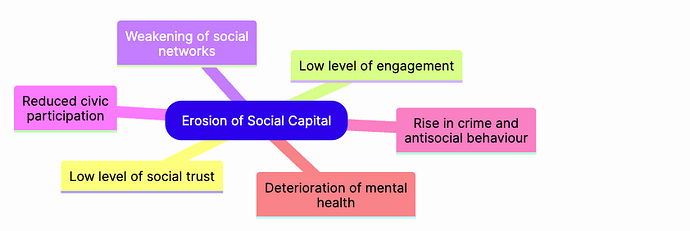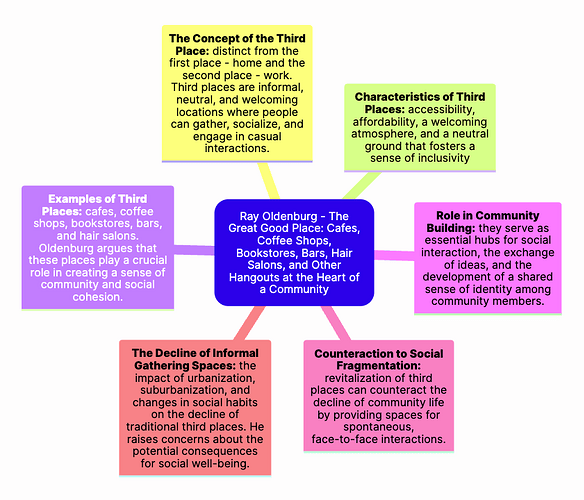Within the Walls
There’s plenty of funny business. My dad was enthusiastically arguing that we should invest in this little known bank offering a high return. Your money doubles every month! Who told you that, I asked? The dentist. He now lives in a big house in Dedinje and has a huge painting of Petar Lubarda on the wall.
The next day he was fixing the VW Beetle - not his. It belonged to a friend who lived in Germany and occasionally needed to be chauffeured from and to the airport. The thing was rotten in places, but the engine started every time and kept up with other traffic by constantly being revved out of its wits. Now it was lying in bits on the street, oil in slicks and drops and dad’s feet protruding from under the body.
My mum loved socialising. She took pride in her taste in the arts and sought company of writers, painters and actors. Her old school friends would often come for drinks in the evening and most of them looked like they came out of 70s French movies.
My great grandmother was visiting us again. She spent days sitting on a chair, narrating same old stories. This time It was about wisdom - how she systematically refused to follow doctor’s advice and evaded the surgical knife. “He warned me, I’ve got 6 months max if I didn’t have it removed. He died of a stroke 15 years ago. What a pity, he was a young man…”
Uncle and aunt lived with us - 7 people altogether. Me and my sister in one room, parents in the adjacent one, grandma in the living room and uncle and aunt in the second living room. People walked in bathrobes, queued in front of the only bathroom, smoked and chatted. There was always something cooking. When the phone rang - it was a fight who’d get to it first.
The dining room was the meeting place. My dad never felt comfortable joining in, he didn’t smoke or drink coffee. Being socially awkward - he preferred staying in his room and reading motoring magazines that he was subscribed to. They’d arrive every month from England and he’d exercise delayed gratification by not opening the envelope straight away. All the chores that he normally postponed would suddenly be prioritised. That’s what kept him motivated.
Uncle and aunt worked on films. She was an assistant director and he designed and built sets. Our cellar was converted into a workshop with its own bathroom. A large architectural slanted desk with built in sliding rullers and hundreds of technical pens and markers in different colours all around. Uncle would spent most of his time there - building machines, drawing sketches, sewing, entertaining friends…
I’ve got an image of him in my head, breathing heavily through the cigar that was always present in his mouth and keeping a thick crystal glass topped up with whisky next to him. There were Playboy magazines piled up tidily and the music that played through a reel-to-reel, old valve radio converted into an amplifier and home made speakers, sounded lush and wholesome.
Paradise Lost
This is how it was then. People’s lives overlapping, folding, intersecting, splicing… You hardly had time for yourself because the life was not only yours, it was shared. The strong sense of community and interdependence made almost everything a shared concern. We ate together, recounted daily experiences, planned our joint future.
Only when something you took for granted disappears, only then you try and define exactly what’s missing. But it took me decades of individualism to become aware of that hole that remained gaping since my childhood.
So, when I finally tried to find the right words and concepts to describe that certain something we traded for personal freedom and independence - I discovered it’s already been quite comprehensively covered in sociology and recognised as a problem. A big problem! Existential one that has many negative externalities.
The concept of social capital is a good one to start with.
Social Capital
Robert Putnam, in his book “Bowling Alone”, defines social capital as a high level of social trust and reciprocity of civic engagement. He traces its decline in the demise of traditional sources of social cohesion - religious places, clubs, public gatherings, third places…
Borrowed from Marxism and originally relating to economics - “capital” emphasises the value aspect of these relationships between people. It’s not only nice and pleasant - It’s something useful, precious and investible.
All of us have actual and potential resources and we can trade them as individuals and groups and in exchange get access to other networks, social relationships and more resources. Capital refers both to resources and to the process of investment that produces and accumulates more capital. It’s part of our positive engagement and interaction that yields meaning. By investing into relationships we become stronger and more resilient.
Relationships are also about empathy and caring for each other. It’s a protocol of goodwill that’s underwritten by trust. James Coleman talks about norms that relationship imposes - obligation and expectation that arise from a trust that a favour rendered would be reciprocated.
This is all valid, but there’s more to it - love, intimacy, camaraderie. The topic is vast just like the potential of relationships is limitless.
On the Street
At the back of the building where we lived there was a basketball court. Someone would always be there - either playing or simply hanging around. There were swings on the clearing between the basketball court and the street. Kids would use them during the day, in the evening it would be where teenagers congregated.
Every morning I went to the shops to buy freshly baked bread, yoghurt and newspapers. Taxi drivers waiting for customers would interrupt their conversation to greet me. The woman at the bakery enquired about my grandmother, the newsagent let me borrow comics for free.
A tall and skinny man with a long hair in his 30s was a constant feature on sunny days at the corner of my street. His skin was as dark as bronze and his nickname was “Sunbather”. We never knew how he made a living for he spent his days sunbathing on the bank of the Danube, 10 minutes away, or catching sun rays at this corner and chatting to whoever was willing to engage him. He was polite, friendly, knowledgeable and insightful. Totally at odds with his informal disposition - but all the more interesting for it.
Third Place
In 1989 Ray Oldenburg wrote a book called “The Great Good Place” and introduced the concept of the Third Place. It was distinct from the first place, which was home and the second place - work.
Third places are informal and welcoming. They present opportunities to meet new people. To strike a conversation with a total stranger - and people did it, all the time.
There was general availability for socialising, people would engage in inter-personal risks without fear. A healthy curiosity guided the flow of the conversation. Communication wasn’t laden with protocols, but mostly informal and tinged with humour. Jokes and serious topics seamlessly co-existing in the right mix.
Where are we now?
Just recently I went to the local municipal building to extend my parking permit. Probably 15th year in a row. I handed over my car document, proof of address and the ID. The clerk told me that my flat was not actually “Flat D” but the “Top floor flat” on their system. In disbelief I argued that it had been like that for decades and why did it matter at all? She responded - “To protect you from your neighbours who would fraudulently apply for the resident’s parking permit and use it themselves”. That’s how far we are, heading in the wrong direction. The local officials trying to scare us into thinking that our neighbours are dishonest and that we need a trusted intermediary to guard our rights.
Our society suffers from suspicion and mistrust.
There’s less faith in institutions, reduced participation in civic life and democratic processes, deteriorating mental health and difficulties with interpersonal interactions. We have become cynical and in some cases - nihilistic.
While we still have close friendships and families, we’re increasingly turning our backs on casual interactions.
Building Bridges
Mark Granovetter researched this subject and made distinction between strong and weak ties.
Strong ties are our close relationships and are essential for emotional support and social cohesion. They revolve round redundant information and limited exposure to new opportunities. These types of relationships are protocol based.
Weak ties are impermanent interactions that build bridges between social groups and provide access to new information and resources. Often taking place in Third Places - they are characterised by unscripted encounters and interpersonal risks. We need both!
Anonymous Conversations
In the meantime even the quality of our exchanges has suffered. There are less occasions for conversations with people who we can trust and with whom we can honestly discuss what we think. There’s a breakdown both in deep and meaningful communication and small talk.
Instead - we have “Anonymous conversations” - which are facilitated by the media. We talk about safe topics using same interpretations and perspectives biased by corporate interests. By sticking to the promoted viewpoints we avoid responsibility for our own views, thus keeping everything sterile and un-insightful.
This is such a broad topic, but for the purpose of this essay, it needs to be concluded somewhere. I’ll do it here.
The Way Ahead
Instead of being pessimistic about our current predicament that might be perceived by some as a relational void and a general bankruptcy of ideas and initiatives - I’d say that there’s an opportunity to turn the leaf and bring back something precious that’s been accidentally lost. The current climate of despair and confusion means that people are actively looking for solutions. Rather than obsess about our inability to influence things on a grand scale - we can always do it on a more limited and personal level. It’s easy to experiment - just smile at strangers and bank every smile that you get in return.

